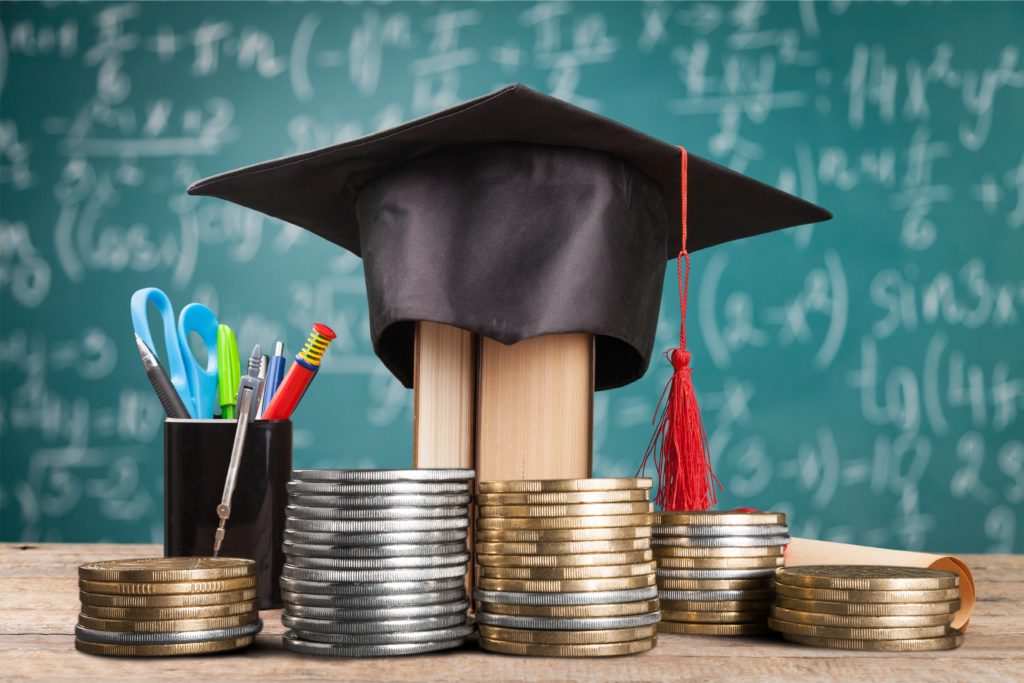
A proposed bipartisan bill in the U.S. Senate would allow student loan borrowers to discharge the debt through bankruptcy.
A bill called the “Fresh Start Through Bankruptcy Act” would amend the Bankruptcy Code to permit a discharge of student loans under certain conditions. A discharge is a legal term in Bankruptcy that basically means that the liability to pay on a debt is extinguished. In most cases, a debtor is entitled to a discharge of unsecured debt like credit cards, personal loans, medical debt, and some taxes.
The bill has not yet been finalized and submitted, so key details will be reviewed once that has happened.
Student Loans under current Bankruptcy Law
Under current Bankruptcy law debt like credit cards and medical debt nearly automatically get discharged. A debtor is only able to discharge student loan debt by going through the extra step of filing what is called an Adversary Proceeding. An Adversary Proceeding is a lawsuit against the student loan company where a complaint is filed that must go through a legal process that could end in a trial. The burden on a debtor is to prove “Undue Hardship”. “Undue Hardship” is not defined in the Bankruptcy Code so Bankruptcy Courts have created tests to determine whether a debtor proves “Undue Hardship”. These tests, or burdens of proof, are extremely difficult to overcome. I’ve written about this topic before. Learn more about “Undue Hardship” and current bankruptcy law concerning student loans.
In addition to the extra process involved, the cost of hiring a bankruptcy attorney to seek student loan relief is also burdensome. Someone who has already filed for bankruptcy due to low disposable income will find it incredibly difficult to find the money to get legal help.
What do we know about the new proposed student loan relief bill?
The new proposed student loan relief bill would amend the Bankruptcy Code to get rid of the need to file the costly Adversary Proceeding and its “Undue Hardship” burden of proof. Instead the bill would require debtors seeking a discharge of debt to have been in a 10 year repayment on their loans prior to filing bankruptcy. This “waiting period” is designed to prevent student loan borrowers from immediately filing for bankruptcy after graduating with a degree.
What makes this bill different than previous attempts for student loan relief?
There have been various bills presented since 2005 to try and change the standard for student loan relief in Bankruptcy. All of those have failed because only one political party was behind it. This bill is bipartisan in that it will be sponsored by both a Democratic and Republican Senator. The bipartisan nature of the bill is significant and suggests there is a chance that it will pass both houses of Congress and become law.
What other questions will we need to know about student loan relief and bankruptcy?
The particulars of the bill have not yet been released. It will be interesting to see if those who have already filed for bankruptcy in the past will be eligible to have their student loans discharged or if a subsequent bankruptcy filing is necessary. Will debtors in income based repayment plans qualify? It remains to be seen what exactly student loan relief will look like in this Bankruptcy bill.
Caldwell Law can help with your student loan needs
As we continue to learn more about this bill and watch as it moves through Congress, Caldwell Law will continue to provide you details to make sure you understand how the law applies to you and your ability to receive student loan relief.
If you have questions please contact me by scheduling a free consultation or request a free bankruptcy analysis.